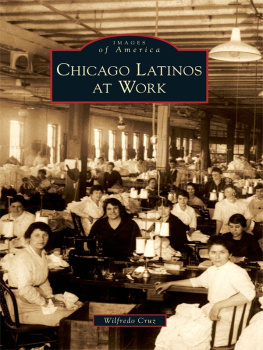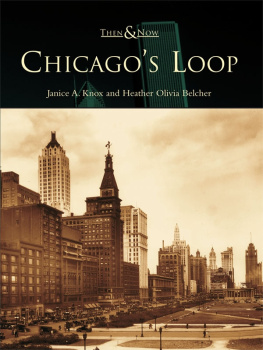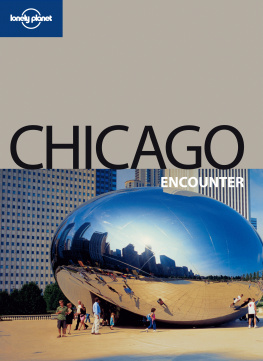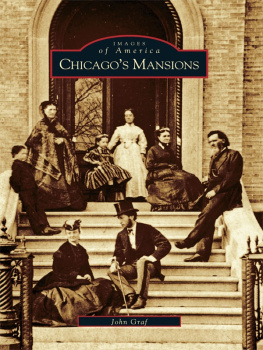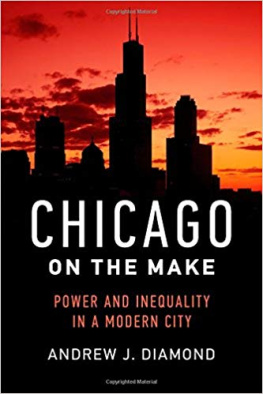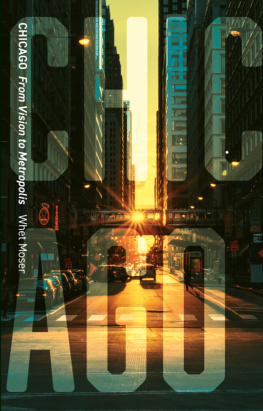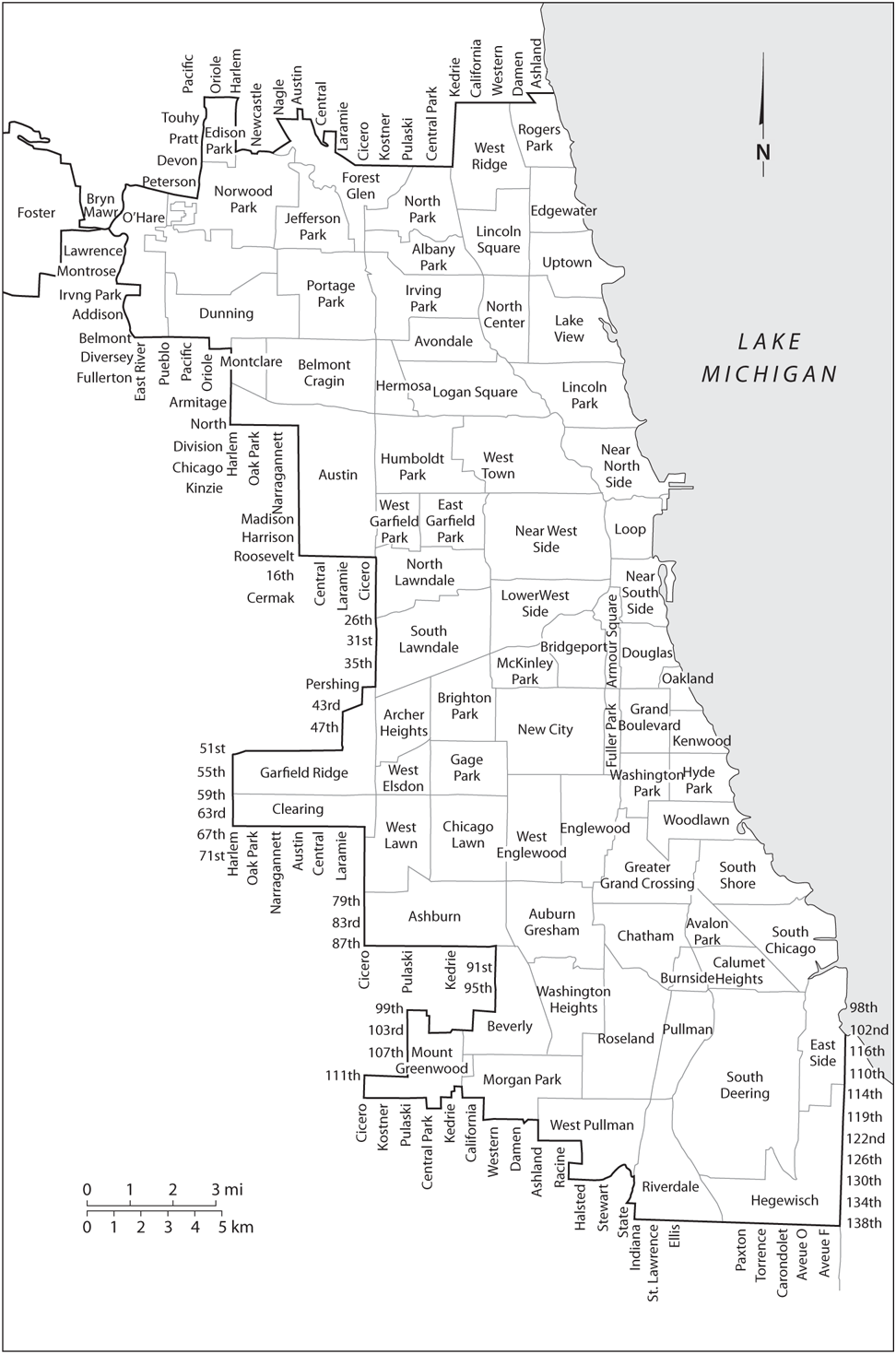PRAISE FOR CHICAGO ON THE MAKE
Andrew Diamonds wide-ranging and significant book movingly tells the history of Chicago, how it has become a tale of two cities from the shimmering and branded opulence of the Loop to the poverty-filled and underserved streets of the South Side. And this isnt, as Diamond makes clear, a matter of chance or culture, but of deliberate and long-standing policy decisions. This is an honest and truthful book for this difficult moment in history.
BRYANT SIMON, author of Boardwalk of Dreams: Atlantic City and the Fate of Urban America
Original and sophisticated, Diamonds Chicago on the Make offers a fresh take on a city, country, and indeed a concept we thought we knew. Weve taken of late to using neoliberalism to describe any number of entrepreneurial impulses and austerity measures shaping our contemporary political culture. But as Diamonds probing look at the twentieth-century city so brilliantly instructs, when it comes to market-based approaches and state violence shaping political outcomes, theres really nothing neo about neoliberalism. Excellent.
N. D. B. CONNOLLY, author of A World More Concrete: Real Estate and the Remaking of Jim Crow South Florida
Chicago on the Make is a forcefully wrought and persuasive synthetic account of race, ethnicity, and power in modern Chicago. Diamond brilliantly ties together the histories of machine politics and social movements, of major figures like both Mayor Daleys, and of ordinary Chicagoansblack, white, and Latino. This is the indispensable history of the Windy City, a work of urban history at its best.
THOMAS J. SUGRUE, author of Sweet Land of Liberty: The Forgotten Struggle for Civil Rights in the North
With the attention to detail and narrative depth that only a historian can bring, Chicago on the Make explains how and why Chicago has become a city of extremes: wealth and poverty, power and resignation. Its grand scopewhich stretches across time, from downtown to the neighborhoods, and from grassroots organizing to City Hallmakes it a definitive, must-read account.
MARY PATTILLO, author of Black on the Block: The Politics of Race and Class in the City
Few American cities have been as subject to neoliberal transformation as Chicago. Fewer still have seen leaders so adept at absorbing the discontent generated by such policies. But as Andrew Diamond makes clear in this sweeping, highly readable history, the roots of such policies run deep. Anyone interested in understanding how Chicago became the racially and economically stratified metropolis that it is todayor, more ambitiously, how to resist such stratificationshould read this book.
MICAH UETRICHT, Jacobin magazine, author of Strike for America: Chicago Teachers against Austerity
Chicago on the Make
MAP 1. Chicagos community areas. All maps by Bill Nelson.
Chicago on the Make
POWER AND INEQUALITY IN A MODERN CITY
Andrew J. Diamond

UNIVERSITY OF CALIFORNIA PRESS
University of California Press, one of the most distinguished university presses in the United States, enriches lives around the world by advancing scholarship in the humanities, social sciences, and natural sciences. Its activities are supported by the UC Press Foundation and by philanthropic contributions from individuals and institutions. For more information, visit www.ucpress.edu.
University of California Press
Oakland, California
2017 by The Regents of the University of California
French versions of chapters 37 were originally published as Histoire de Chicago, by Andrew Diamond and Pap Ndiaye. Librairie Arthme Fayard, 2013.
Parts of chapters 1 and 5 originally appeared in a somewhat different form in Mean Streets: Chicago Youths and the Everyday Struggle for Empowerment in the Multiracial City, 19081969 (Berkeley and Los Angeles: University of California Press, 2009).
Library of Congress Cataloging-in-Publication Data
Names: Diamond, Andrew J., author.
Title: Chicago on the make : power and inequality in a modern city / Andrew J. Diamond.
Description: Oakland, California : University of California Press, [2017] | Includes bibliographical references and index.
Identifiers: LCCN 2017026928| ISBN 9780520286481 (cloth : alk. paper) | ISBN 9780520286498 (pbk. : alk. paper) | ISBN 9780520961715 (ebook)
Subjects: LCSH : Chicago (Ill.)Politics and government20th century. | Chicago (Ill.)History20th century. | Chicago (Ill.)Social conditions20th century.
Classification: LCC F 548.5 . D 525 2017 | DDC 977.3/1104dc23
LC record available at https://lccn.loc.gov/2017026928
26 25 24 23 22 21 20 19 18 17
10 9 8 7 6 5 4 3 2 1
To my family, near and far, past and present
CONTENTS
ILLUSTRATIONS
FIGURES
MAPS
Introduction
Former president Barack Obama joined a long line of observers when, while addressing officials gathered at the 2012 NATO Summit in Chicago, he referred to the host city as a quintessentially American town. Perhaps the first recorded expression of this idea came from British ambassador James Bryce, who in 1888 mused that Chicago was perhaps the most typically American place in America. Years later Sarah Bernhardt opined it was the pulse of America and H.L. Mencken quipped that it was American in every chitling and sparerib. By contrast, few have made similar claims about either New York or Los Angeles. New York has long remained the great American city, but its greatness has rested more upon a sense of particularity than typicality. Most Americans residing between the two coasts think of the Big Apple as a somewhat strange and daunting place. Moreover, if Hollywood has played a leading role in exporting American values and norms throughout the planet, it has also made Los Angeles into a surreal and idiosyncratic place in the minds of most Americans living east of the San Fernando Valley.
Chicago, on the other hand, has evoked so much that is patently American, and it continues to do so today even after President Trump attempted to make it into an aberration by evoking the carnage on its streets. First and foremost, with its 2.7 million residents (nearly 10 million in the entire metropolitan area), it is the clear-cut capital of the Midwest and thus of the fabled American heartlanda nebulous place that politicians of every stripe appeal to in order to convince voters that they represent the real people. And Chicago strikes this populist chord in ways that other great American cities do not. In contrast with the dominant image of the good people residing in the older, educated cities of the eastern seaboard, for example, the While notions of class justice (and injustice) now struggle for legitimacy within the realm of mainstream political discourse in the United States, American patriotism nonetheless remains infused with celebrations of average working men and womenwhich keeps Chicago a working-class town in the American imagination, even if it now ranks among the most economically powerful global cities in the world.
Although nobody knows with certainty why Chicago popularly became known as the Windy City around the 1880s, the city has taken numerous other nicknames since its rise to national prominence in the late nineteenth century, and some of the most recognized and enduring of these have related to its working-class identity. Carl Sandburg coined two such monikers in a single stanza of his 1914 poem Chicago, when he referred to the city as both the Hog Butcher for the World and the City of the Big Shoulders. The latter still resonated several decades later, when Chicago had picked up yet another slogan seeming to pay tribute to its industriousness: the city that works. Currently, in the postindustrial era, when jobs in the service sector are far more plentiful than those in factories and mills, such homages to the citys industrial strength seem anomalous. If Chicago still possesses a considerable industrial labor force, its packinghouses and steel mills have shut down, and many of its warehouses have been converted into galleries, lofts, and condos. But when Sandburg was penning his famous lines, Chicago was emerging as the symbol of American industrial power worldwide. Americans are nostalgic for this golden age of global leadership, and such yearnings further support Chicagos bid to be the quintessentially American town.

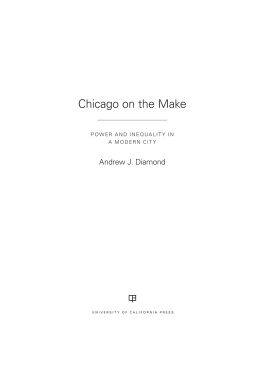
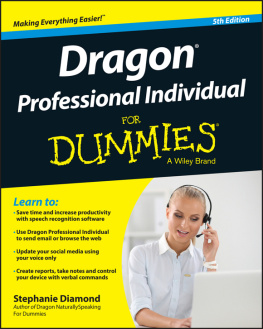
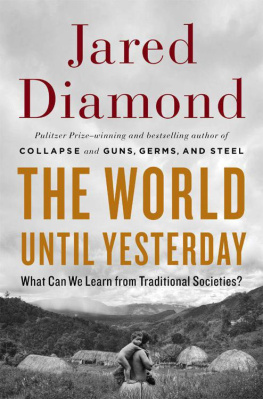
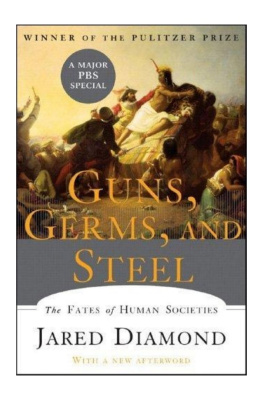
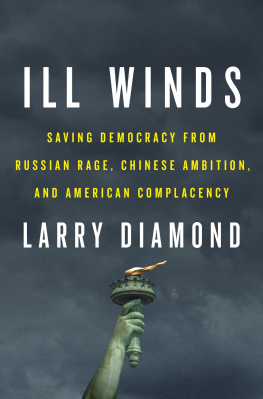
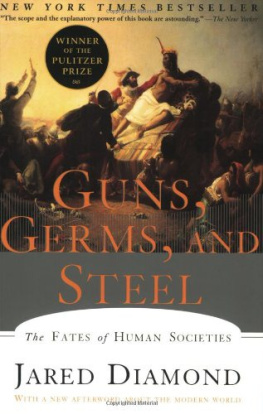
![Diamond - By Lisa M. Diamond: Sexual Fluidity: Understanding Womens Love and Desire [Paperback]](/uploads/posts/book/138039/thumbs/diamond-by-lisa-m-diamond-sexual-fluidity.jpg)
